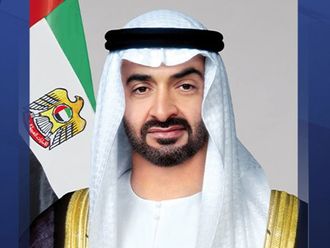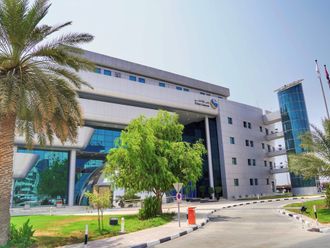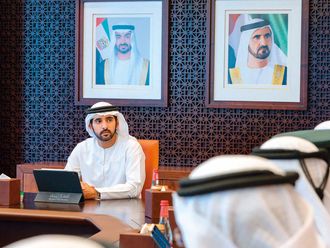Dubai: The Arab Strategy Forum, in association with Eurasia Group, launched the first edition of its Executive Education Programme on Monday to assist private and public sector executives forecast political and economic dynamics across the region.
The programme was held ahead of the one-day Arab Strategy Forum this Wednesday at the Ritz Carlton in DIFC, Dubai.
The Executive Education Programme enables government and business leaders to anticipate future outcomes of key economic and geopolitical issues, as well as enhance the strategic analysis skill sets of decision makers from both the public and private sector
More than 20 decision makers, policymakers, political and economic consultants in the public sector, as well as regional leaders, executive and operations officers in companies and organisations, and other private sector professionals took part in the first programme.
Key elements of the programme include a series of geopolitical and economic topics such as key concepts in political risk, which allow participants to identify and minimise risks; regional and local political situations; political stability and economic policy; and developing an understanding of forecasting tools and techniques to help with forecasting economic and political trends and events.
Suha Al Aleeli, manager of Arab Strategy Forum, said, “We are delighted to launch the Executive Education Programme in the lead-up to the Arab Strategy Forum. Our objective is to train qualified leaders from the region to forecast future scenarios, and provide them with the tools and strategies to tackle the challenges they could face in political and business environments, by minimising risks and formulating strategies to reduce the negative impacts of policies on business.”
David F. Gordon, Lead Instructor and Senior Adviser, Eurasia Group, said, “During this programme, participants are exploring key issues in global risk — issues such as changing power dynamics and political transitions, terrorism and political instability, political conflicts and cooperation in the Middle East, and what to expect from a Trump presidency in the US. They are also learning how to consider issues of political risk from different perspectives, and will be able to take political factors into account when engaging in local and regional decision-making processes.”











